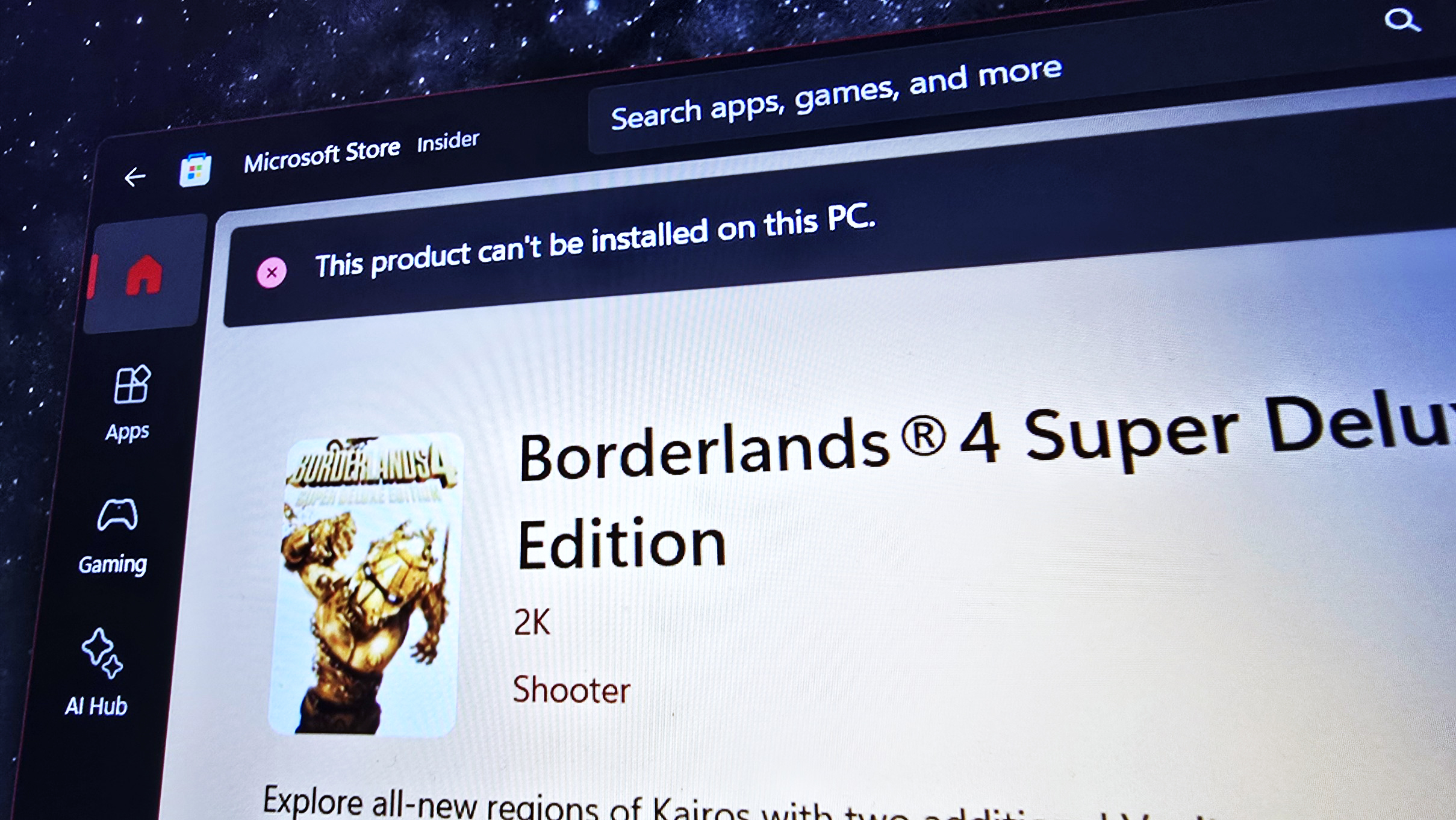Microsoft extends Windows Server 2012 lifeline to help admins transition to Windows Server 2022 (UPDATED)
Admins will now get three additional years of Extended Security Updates (ESUs) for Windows Server 2012.

What you need to know
- UPDATE: Microsoft recently announced that admins will get three additional years of Extended Security Updates (ESUs) for Windows Server 2012.
- Microsoft is ending support for Windows Server 2012 on October 10, 2023.
- Recommended next steps include transitioning to Windows Server 2022 or purchasing Extended Security Updates (ESUs) for Windows Server 2012.
- ESUs include three additional years of security updates, renewable annually until October 13, 2026.
- Admins that transition their databases and applications to Azure Virtual Machines will access free ESUs for three years after the end of the support date.
UPDATE NOV. 11, 2023: A couple of months ago, Microsoft announced that it would cut support for Windows Server 2012 and Windows Server 2012 R2 on October 10, 2023. However, the company recently announced that admins can get three additional years of Extended Security Updates (ESUs).
"You can now get three additional years of Extended Security Updates (ESUs) if you need more time to upgrade and modernize your Windows Server 2012, Windows Server R2, or Windows Embedded Server 2012 R2 on Azure. This also applies to Azure Stack HCI, Azure Stach Hub, and other Azure products. A new article provides details and step-by-step instructions to extending limited protection for up to three consecutive 12-month increments."
The company is now providing users ample time to transition to Windows Server 2022. Microsoft's Poornima Priyadarshini cited, "If you've already moved to Azure to protect your Windows Server 2012 and R2 workloads, you might be enjoying free Extended Security Updates. If your organization is unable to migrate, you can purchase and seamlessly deploy Windows Server 2012 Extended Security Updates enabled by Azure Arc on premises and in hosted environments without keys, directly from the Azure portal".
The original article continues below.
October is fast approaching, which will mark Microsoft ending its support for Windows Server 2012. This shouldn't be a surprise, as Microsoft had already issued a reminder at the beginning of this year. The statement explains that extended support for all Windows Server 2012 and Windows Server 2012 R2 editions is set to end on October 10, 2023.
Windows Server 2012 ended its mainstream support date in 2018. Still, Microsoft decided to carry the date forward to provide users ample time to transition to supported Windows Server versions.
All the latest news, reviews, and guides for Windows and Xbox diehards.
For on-premises servers, customers can use Azure Arc to receive automated/scheduled ESU updates and installation as well as the security and governance capabilities in Azure.
Microsoft
Microsoft will no longer provide security or non-security updates, bug fixes, technical support, or online technical content updates for these Windows Server versions after October 10. If you continue using these unsupported versions well beyond this point, you'll no longer receive technical support from Microsoft, which may have a negative impact on the stability of any outdated servers.
Windows Server 2008/R2 Extended Security Updates (ESUs) hit its end-of-support date earlier this year, on January 10, 2023.
Advice for server admins
Following this change, Microsoft recommends transitioning to Windows Server 2022 or purchasing Extended Security Updates (ESUs). This will help admins keep their on-premises Windows Server 2012 servers running and ensure that they continue receiving technical support.
Those who follow the Extended Security Updates route will get three more years of security updates support, renewable every year until October 13, 2026. Alternatively, users can transition their databases and applications to Azure Virtual Machines. This will allow the admins to access free ESUs for three years after the end of the support date.

Kevin Okemwa is a seasoned tech journalist based in Nairobi, Kenya with lots of experience covering the latest trends and developments in the industry at Windows Central. With a passion for innovation and a keen eye for detail, he has written for leading publications such as OnMSFT, MakeUseOf, and Windows Report, providing insightful analysis and breaking news on everything revolving around the Microsoft ecosystem. While AFK and not busy following the ever-emerging trends in tech, you can find him exploring the world or listening to music.
